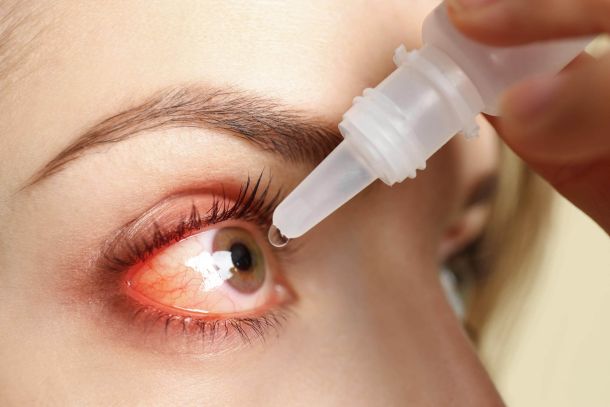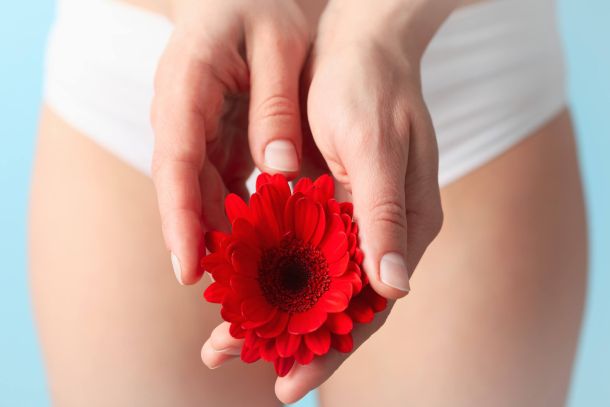Allergic otitis media and hearing: tips and techniques for prevention
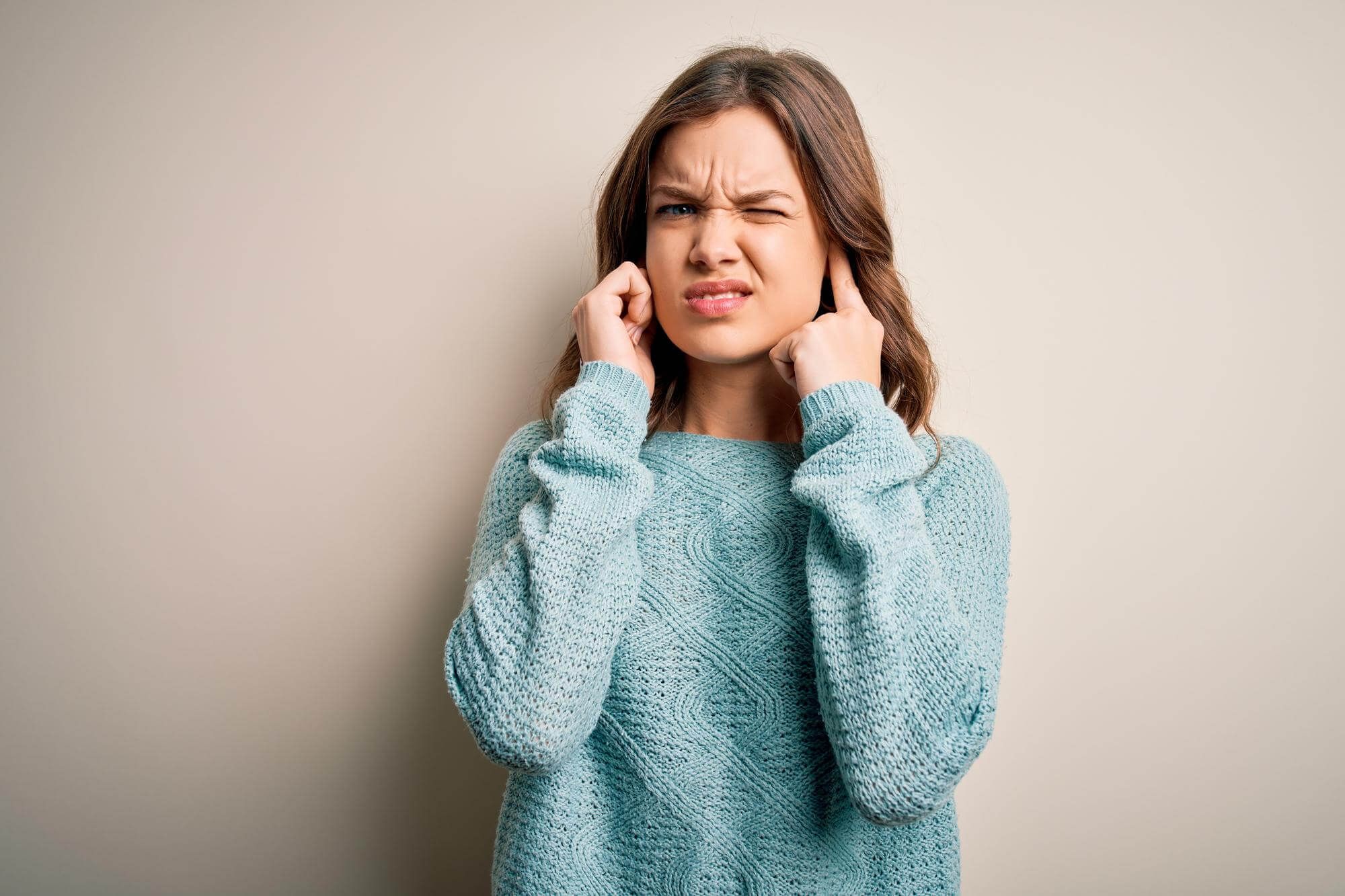

Eva Zakharova
These days, more and more people are suffering from allergic diseases, including allergic otitis media. This article provides a detailed overview of the causes, symptoms and treatment of allergic otitis media in adults and children. Here you will find information about effective medications to treat, drops, and methods to prevent allergic otitis media.
What is allergic otitis
Allergic otitis is an inflammation of the middle ear caused by the body's allergic reaction to various irritants. This disorder can occur in both adults and children and can lead to hearing loss and other serious complications.
Allergic otitis media is a fairly common disease, especially among children. Research shows that up to 30% of all otitis cases in children are related to allergic reactions.
Causes of allergic otitis
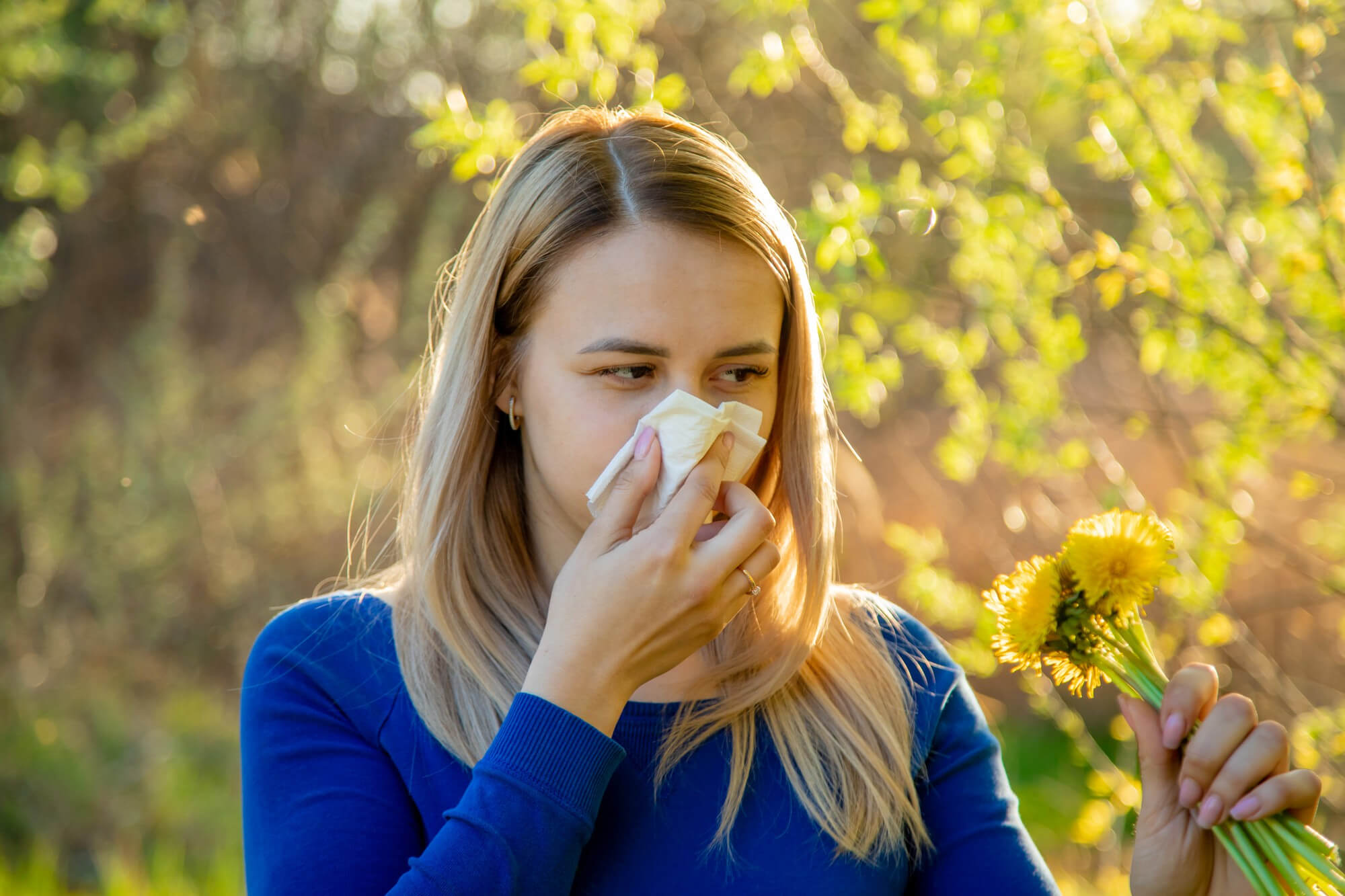
Allergic otitis media can result from exposure to a variety of allergens, such as pollen, food, and pet hair.
- Pollen allergy is one of the most common causes of allergic otitis media. When plants bloom, pollen gets on the nasal mucosa and causes irritation that can spread to the middle ear.
- Allergies to certain foods can also cause allergic otitis media. Some of the most common foods that cause allergies include milk, eggs, fish, nuts, and soy.
- Pet hair and dander can cause an allergic reaction that leads to the development of otitis media. Often, pet allergies occur in children and can be particularly severe.
- Risk factors for developing allergic otitis media include a family history of allergies as well as a predisposition to atopic conditions such as asthma and allergic rhinitis.
Symptoms of allergic otitis media
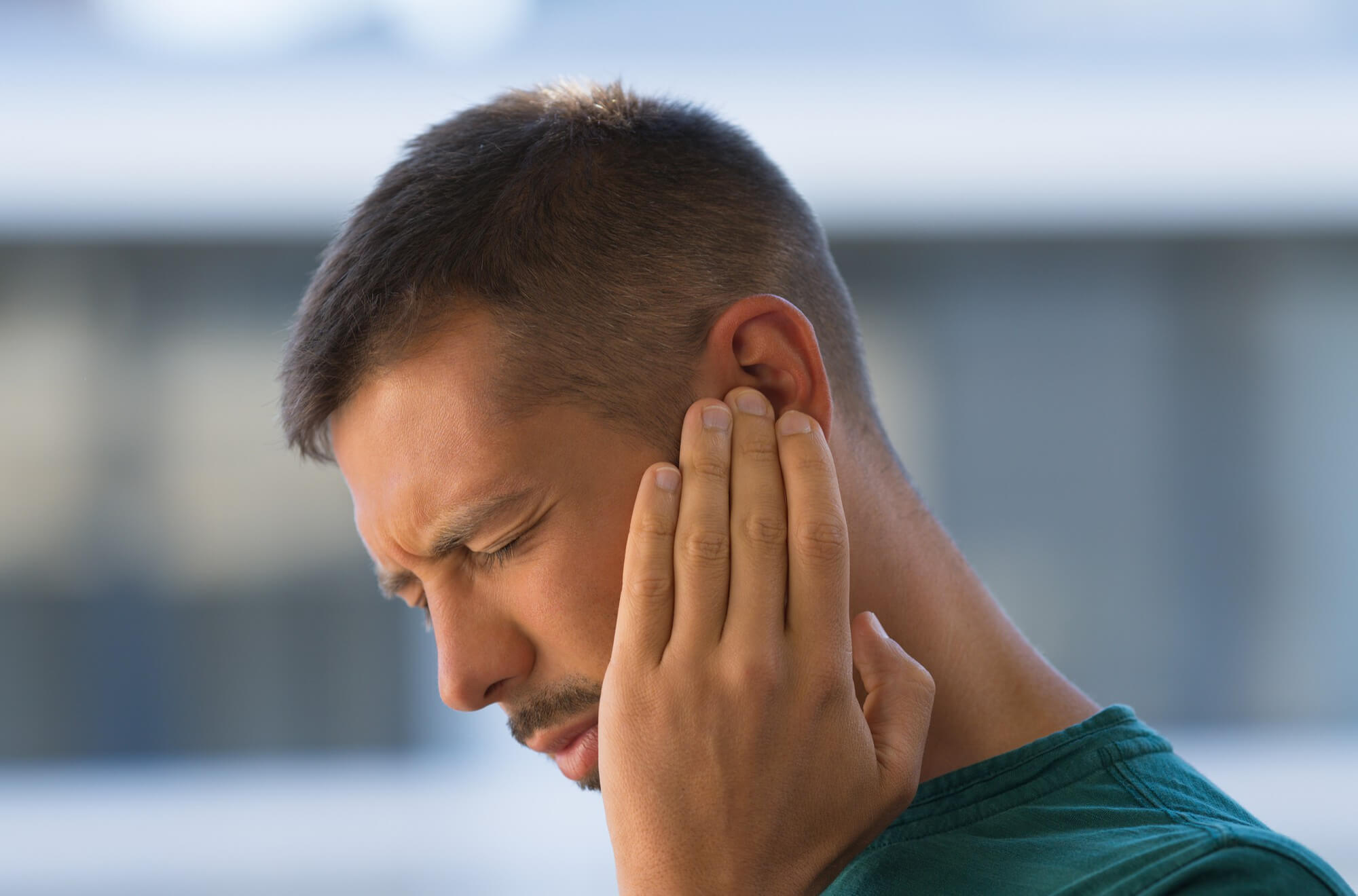
Symptoms of allergic otitis media can be varied and include ear pain, congestion, headache, tinnitus, hearing impairment and discharge from the ear. Children often have fever and irritability.
How to distinguish allergic otitis from other types of otitis
Allergic otitis media is usually characterized by bouts of symptoms associated with contact with an allergen as well as the presence of other allergic manifestations such as nasal itching, sneezing, and lacrimation.
Diagnosis of allergic otitis media
If allergic otitis is suspected, you should see an otolaryngologist. The doctor will examine the ear with a special tool, an otoscope, and may also prescribe additional tests, such as audiometry.
- A consultation with an allergist and allergy tests, such as skin tests or blood tests for allergen antibodies, may be necessary in order to identify a specific allergen.
Treatment of allergic otitis media
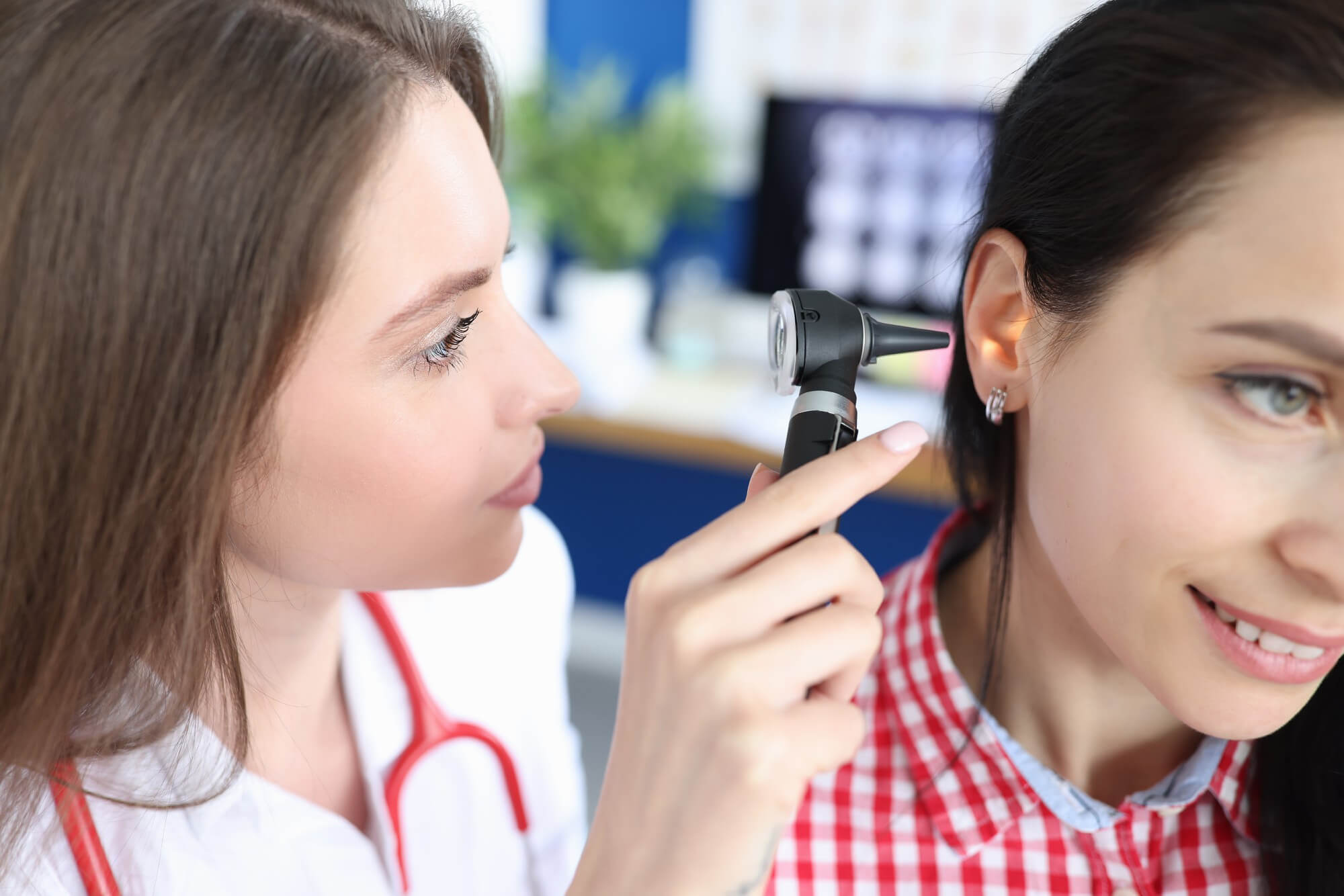
Treatment of allergic otitis involves a series of measures to eliminate the symptoms and cause of the disease. It is important to start treatment early to avoid the development of complications.
Treatment of allergic otitis may include the use of various medications for treatment, such as antihistamines, corticosteroids, and desensitization therapy.
Antihistamines such as cetirizine, loratadine, and fexofenadine help reduce allergic symptoms by reducing histamine production in the body. They may be prescribed in tablets or as drops.
Corticosteroids, such as prednisolone and betamethasone, have anti-inflammatory effects and may be effective for severe forms of allergic otitis media. They may be used systemically or topically as ear drops.
Desensitizing therapy, which involves gradually introducing the allergen into the body in increasing doses, may be carried out to reduce sensitivity to allergens.
Non-medicinal methods of treatment

One important principle in the treatment of allergic otitis media is to avoid contact with allergens. This may include using hypoallergenic bedding, reducing contact with pets, and following a hypoallergenic diet.
Physical therapy methods can be helpful in the complex treatment of allergic otitis media. The use of UHF therapy, microcurrent electrotherapy or magnetic therapy can help reduce inflammation and improve microcirculation in the middle ear area.
Natural remedies
Some folk remedies, such as washing the nose with a saline solution or using warm compresses on the ear, can also relieve the symptoms of allergic otitis media. However, it is necessary to consult a doctor before using folk methods.
Prevention of allergic otitis
To prevent allergic otitis it is important to promptly identify and avoid contact with allergens, have regular examinations by an otorhinolaryngologist and allergist, and maintain immunity and good personal hygiene.
In conclusion, allergic otitis media is a common condition that occurs as a result of an allergic reaction to various allergens. If you or your child suffers from allergic otitis media, it is important to contact specialists and begin treatment to avoid complications and keep your ears healthy. With the right approach to treatment and prevention of allergic otitis media, most patients manage to cope with the disease and can live a full life.
New materials
Popular Articles
We recommend reading
Contact us in the Contact Us section to ask questions, offer ideas, or for more information about our allergy resource.
Our articles are your trusted source of allergy knowledge. Learn how to make life with allergic reactions easier on our specialized portal.
©
Lechenie-Allergii.com. All rights reserved.
© Lechenie-Allergii.com. All rights reserved.
The information on this site is for informational purposes only and is not a substitute for professional medical advice. We recommend consulting with qualified medical professionals for accurate information and advice.
 English
English  Українська
Українська  Русский
Русский 








